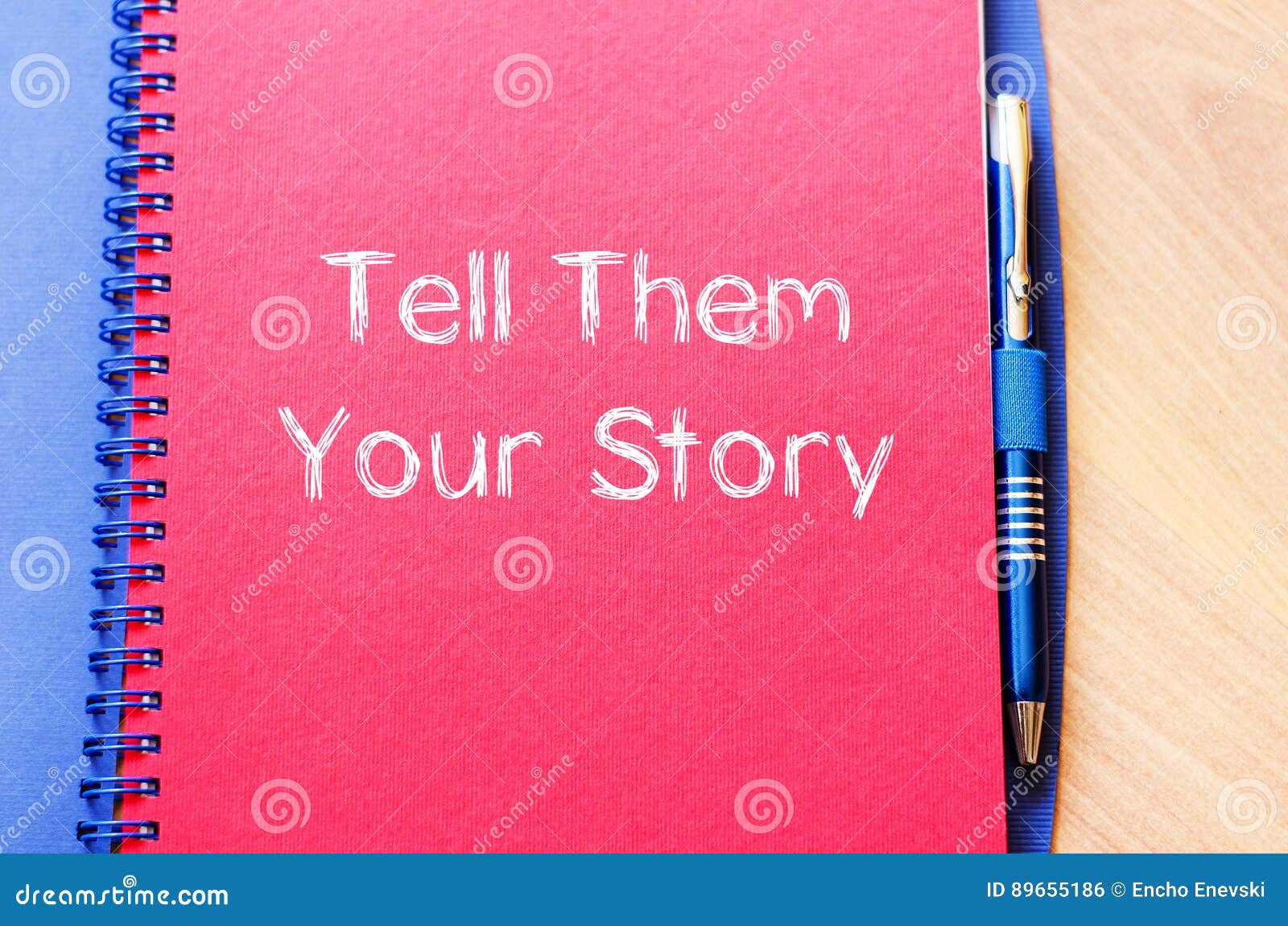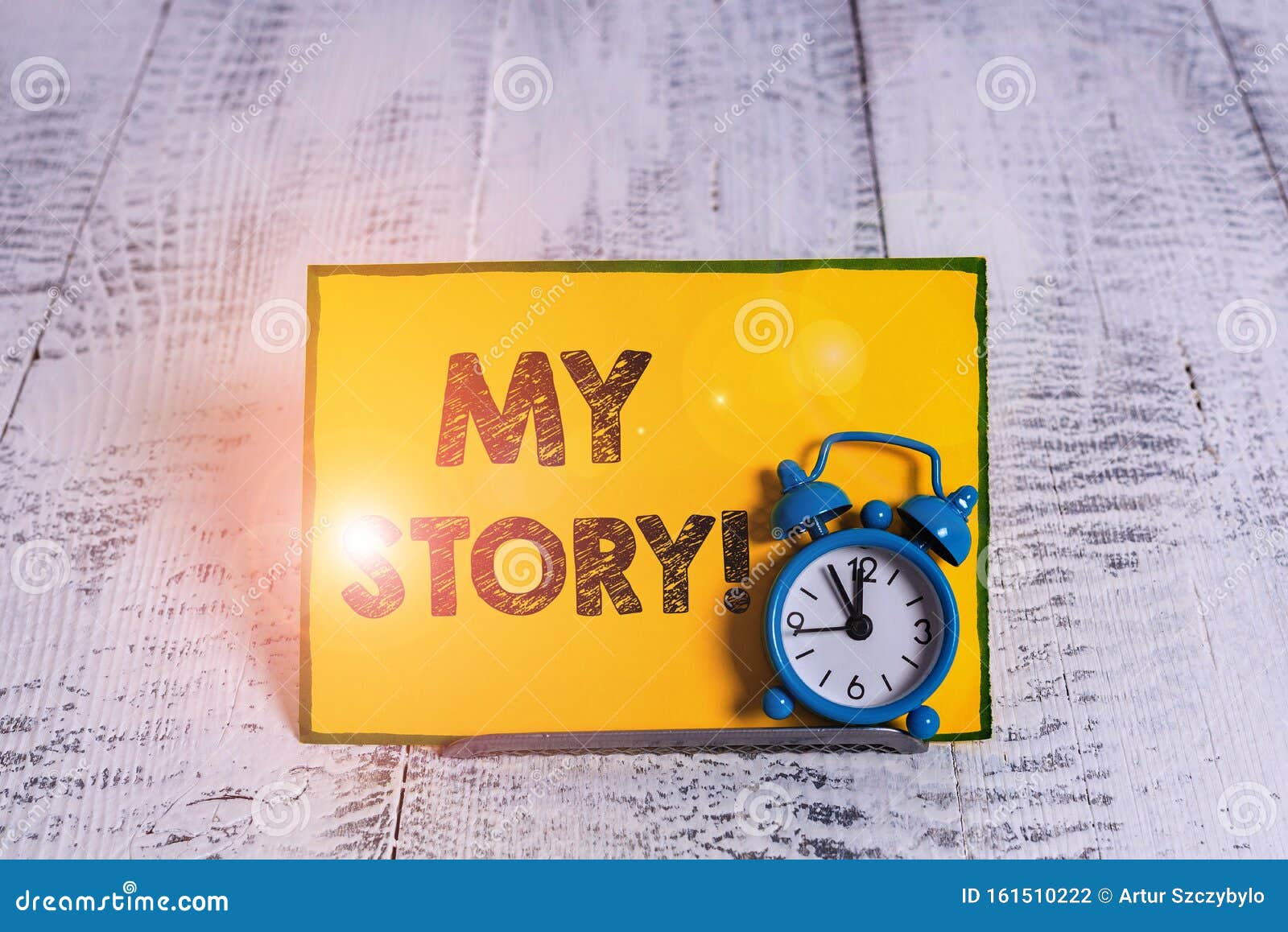
27/10/ · Narrative Essay on a Life Changing Moment In our life, many events influence the way we act or the decisions that we make. Basically, you go through certain events that have such a big impact that they totally change your life. For me, the life-changing moment was exactly when I enrolled in college a few years ago It is important always to remember that capturing the attention of the audience and maintaining the interest is vital in writing a narrative essay about something that changed your life. Life events to write about in such essays may include a breakup in a relationship, meeting someone special, divorce, surviving a fatal accident among many others 10/8/ · Life’s Stories. How you arrange the plot points of your life into a narrative can shape who you are—and is a fundamental part of being human
Story of My Life: How Narrative Creates Personality - The Atlantic
Our new Mentor Text series spotlights writing from The Times that students can learn from and emulate. We are starting with this genre to help support students participating in our Personal Narrative Essay Contest.
Much of that advice applies to our contest as well. For example, several points boil down to reminders to keep it simple, including tips like:. Better to start from something very simple that you think is interesting an incident, a person and expand upon it, rather than a large idea that you then have to fit into a short essay.
This advice is similar to advice often given to high school seniors writing college essays : You have only words to show admissions officers something important, interesting or memorable about who you are and what matters to you.
Yet that one focus ripples out, and says so much more. Use the sentence starter below to write for a few minutes about whatever comes to mind. This essay describes a memory from when the writer was 10 years old and his family had just immigrated from the Soviet Union to Brooklyn. Somehow, his family ends up with 24 Pepsi-Colas in their refrigerator. The story of what happens next is Mr. Around this time I learned that American supermarkets gave back 5 cents for every returned empty.
Some states, like Michigan, its very name like a granite monument, write a narrative text about a time in your life, gave you 10 cents. I decided I would return those cans and give the money to my parents. My secret — a surprise. Read the essay, focusing on how Mr. Fishman anchors the whole story in this one goal he had at age 10 — to return the Pepsi cans and get money for them.
As you read, you might trace the structure of the story. What does each paragraph do? What does each add to the telling of this small story? How do the first two paragraphs set the stage for the story and give some necessary background? How does telling this story allow the writer to show readers a particular time and place through the eyes of a new immigrant? How is money a theme throughout, in both stated and implied ways?
What other ideas recur? Look back at the writing you did before reading the mentor text. What is strongest about it? Could it become a short essay like the one you just read? If so, what would you need to do to shape it? You might try that, or you can brainstorm answers to this list of prompts — or both:. What images come to mind when you think about this topic? Do you picture a person, a scene, a place?
Do you hear a conversation or a bit of music? Do you smell, taste or feel something? Finally, if you are still stuck, we have a list write a narrative text about a time in your life prompts from our site that can inspire narrative writing. Take a look and see if any of them spark ideas for you. When I was in fifth grade, I developed an intense dislike of eating around other people. The cafeteria was a place of foul odors, write a narrative text about a time in your life, gelatinous spills, horrific mixtures of chocolate pudding, fruit cocktail and ketchup consumed on dares, and I found myself fasting from breakfast, at about 6 in the morning, untilwhen I walked home through the woods from the bus stop.
Each step up our hill, a narrow ridge in rural California, I fantasized about the big bowl of ramen I would make myself when I reached the top. From my pocket I pulled out a brown suede pouch bearing the name of a little jeweler in Rabat, the kind of place you send your friends to and say, tell him I sent you.
In the pouch was a necklace with a silver khamsa — a charm in the shape of an open palm. I live in northwest Montana, and I have a teenager, and my teenager plays sports, write a narrative text about a time in your life.
That means a lot of driving — over-the-Rocky-Mountains-and-back-in-one-day kind of driving. I think about Meriwether Lewis every time I cross the Continental Divide, usually with sleeping soccer players wearing headphones in the back of my Suburban. Wedding guests parted, creating a narrow path for write a narrative text about a time in your life train of unmarried women to parade through in their finery.
But we single ladies no longer looked so fine as we had that morning. We were worn and tired, sweat beading down our necks, sand crunching unpleasantly in our shoes, which were wearing raw the backs of our heels.
We should have been lying down in cool rooms elsewhere, but the wedding was not over. We were We knew what was next. My residential college always hosted the 45th reunion, one of the most well attended, I suppose because you just might not be around for the 50th. To my eyes, these guys were the picture of old money. I sometimes felt less like a Yale co-ed who happened to be black than a black waitress who happened to be bringing them an extra fork.
But after their dinner we reunion workers would drink up all the leftover bottles of wine while cleaning the dining hall. What is the one small moment or event this piece focuses on? Why do you think the writer might have chosen it?
What do you learn about the writer and his or her world through this moment or event? What lines do this well? What is implied rather than stated? How is the piece structured? How does each contribute to the story? Look closely at how the writer tells a complete story in a limited number of words.
Where, in terms of time and place, does the story begin? Where does it end? How does the writer weave in necessary background even while keeping the action of the story moving forward? What else do you notice or admire about this essay? What lessons might it have for your own writing? Tell a small story — an evocative, particular moment. Before You Read Use the sentence starter below to write for a few minutes about whatever comes to mind. Then, consider these questions: How do the first two paragraphs set the stage for the story and give some necessary background?
What is the role of the last paragraph? Now Try This: Find Your Own Short, Powerful Stories Look back at the writing you did before reading the mentor text. Related Questions for Any Short, Narrative Essay What is the one small moment or event this piece focuses on?
Home Page World Coronavirus U. Politics New York Business Tech Science Climate Sports Obituaries The Upshot International Canada Español 中文网 Today's Paper Corrections. Today's Opinion Op-Ed Columnists Editorials Op-Ed Contributors Letters Sunday Review Video: Opinion.
At Home Automobiles Games Education Food Health Jobs Love Magazine Parenting Real Estate Recipes Style T Magazine Travel. news Home Page World Coronavirus U.
Narrative Essay
, time: 14:20How To Write Narrative Essay About Something That Changed Your Life

It is important always to remember that capturing the attention of the audience and maintaining the interest is vital in writing a narrative essay about something that changed your life. Life events to write about in such essays may include a breakup in a relationship, meeting someone special, divorce, surviving a fatal accident among many others Personal Narrative My Life I never really thought about where my life was going. I always believed life took me where I wanted to go, I never thought that I was the one who took myself were I wanted to go. Once I entered high school I changed the way I thought 10/8/ · Life’s Stories. How you arrange the plot points of your life into a narrative can shape who you are—and is a fundamental part of being human

No comments:
Post a Comment